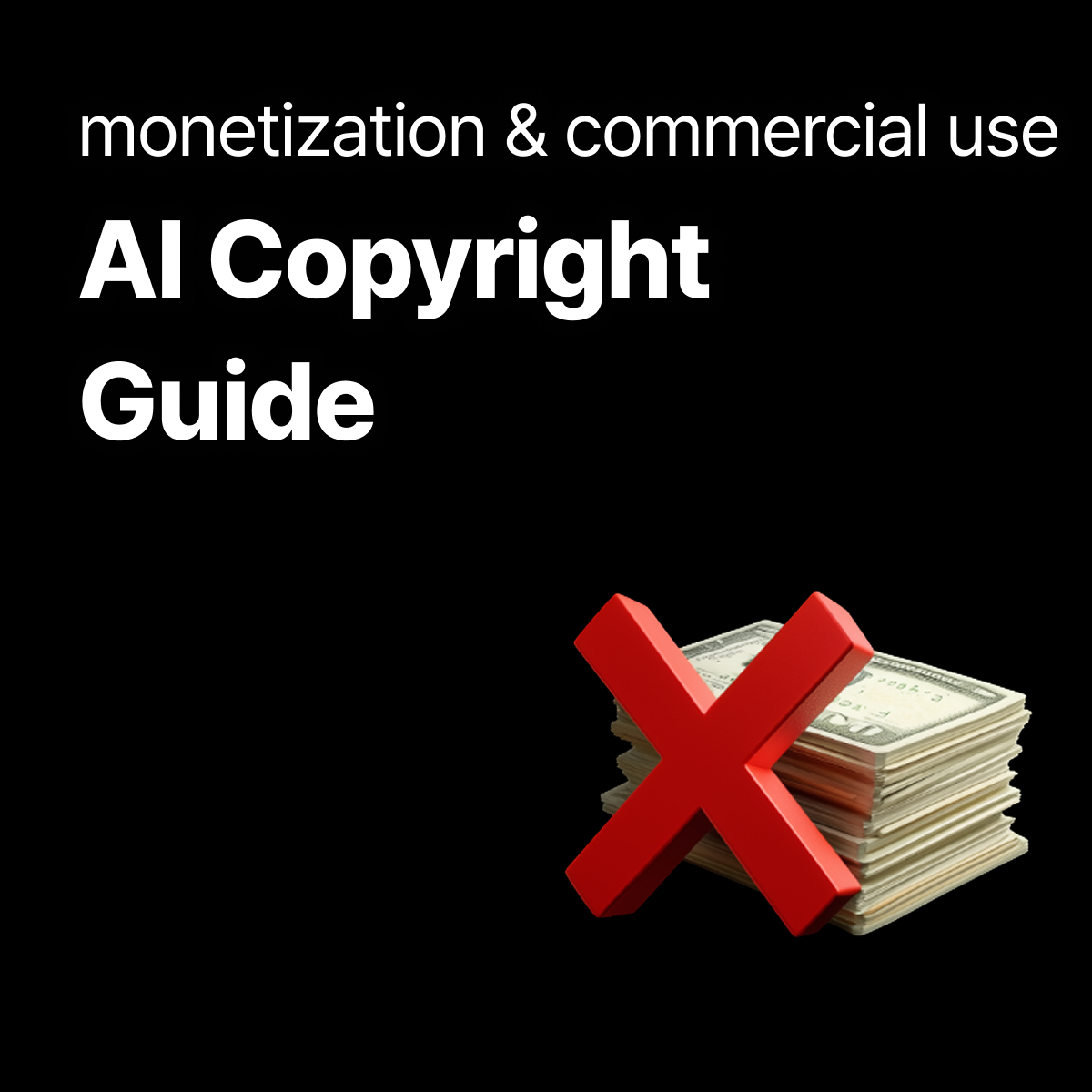Please allow Supertone to collect cookies for a smooth experience!
Learn more in our Privacy Policy.
Learn more in our Privacy Policy.

Does content created with ChatGPT or Midjourney have copyright? Unfortunately, work generated by an AI on its own cannot be copyrighted.
This is because Korean copyright law only recognizes "a creative work that expresses human thoughts or emotions." In fact, a 2025 Chinese court ruling denied copyright for an image generated with Midjourney, stating it lacked "original aesthetic sense or individual judgment."
"Just entering a prompt doesn't make you the author!"
There is a major legal difference between simply typing "draw a cute cat" and a process where you select, edit, and weave a personal story into AI-generated outputs. Korea's Ministry of Culture has drawn a firm line, stating, "Copyright registration is not possible for AI outputs generated without human creative intervention."
1) Add Creativity Through Editing and CurationWhat's the secret behind Korea's first AI film, 'AI Surobuin,' being registered as a "compilation work"? The focus wasn't on simple generation, but on human selection and arrangement.
2) Differentiate Your Work with Substantial Edits
3) Document Your Creative Process
❌ The Wrong Way:
✅ The Right Way:
"Transforming someone else's content with AI doesn't automatically make it yours!"
For example:
The key is whether there was a 'creative transformation' that adds new meaning or message, going beyond simple alteration. This is also one of the core criteria for determining fair use under U.S. copyright law.
Cases where creators often make mistakes:
✅ Check for Originals: Does my content include anyone else's copyrighted work?(Check background music, images, and video clips.)
✅ Check for People: Does it feature the face or voice of a real person?(Even if AI-generated, it's risky if it closely resembles a real person.)
✅ Check for Brands: Are there any visible trademarks or logos?(Even a brand logo generated by AI by mistake can cause problems.)
✅ Disclose AI Use: It's recommended to credit the use of AI.(e.g., "The narration in this video was created using an AI voice.")
✅ Check for Commercial Use: Be extra careful if you have monetization turned on.(Copyright standards are often stricter for commercial use.)
As a creator, the most important question is: "Can I monetize the content I make with this?"
Checkpoints:
✅ Does it explicitly permit commercial use?
✅ Does it include terms that assign the rights of the output to the user?
✅ Does it offer protection in case of copyright infringement claims?
✅ Is the source of its training data transparent?
Voice content is especially sensitive when it comes to copyright and publicity rights. Using someone else's voice without permission can lead to serious trouble.
For creators facing this issue, choosing an AI voice service that is designed for commercial use from the start is the smart move. For example, Supertone Play is a TTS service that offers over 150 AI voices fully cleared for unlimited commercial use.
It also features a voice cloning function that can replicate your own voice from just a 10-second recording, allowing you to create content even when you have a cold or are working late at night.
With a free trial available, it’s a great option for creators who want to leverage AI voices without worrying about copyright.
Try right now!
